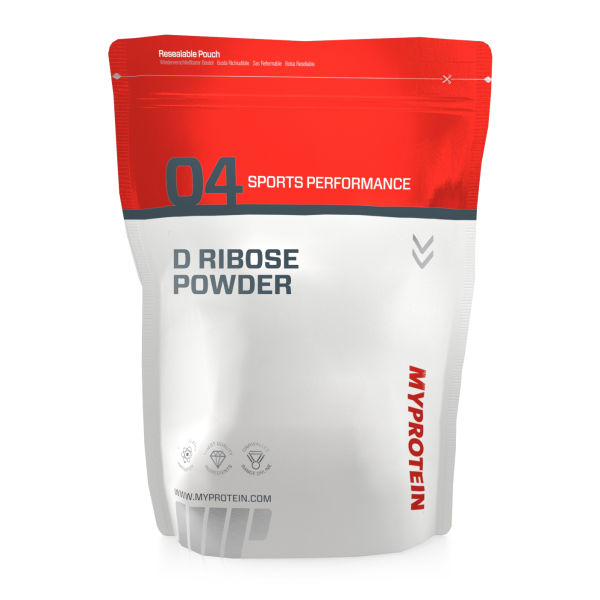5 Supplements You Don’t Need To Succeed In Bodybuilding
Open any one of the popular bodybuilding magazines today and you will see full-color ads on every other page screaming ridiculous claims. “Gain 20 lbs of muscle in 12 weeks!” or “Boost your Testosterone by 400%!”
We have to remember that the ads are how the magazines make their money. The elite bodybuilders featured in these magazine are sponsored by these nutritional companies, they get paid to sell you these products.
Don
Whey Protein

A scoop of whey protein contains about 20g of protein and about 115 cals. The low calories and the high protein content are the main reasons why natural bodybuilders love supplements. But remember, solid food always beats unnatural powders and dust. Here are some solid food alternatives that are better.
- Tuna Fish- 42g Protein/191 cal
- Eggs- 6g Protein/71 cal
- Tilapia- 1 0z=7g Protein/36 cal
- Chicken Breast- 86g=27g Protein/140 cals
- Cottage Cheese- 4 oz= 15g Protein/98 cal
Nitric oxide supplements

Interestingly enough, nitric oxide supplements don’t actually contain nitric oxide (NO), which is a gas produced naturally by the body. Rather, these supplements provide various amino acids and other ingredients to spur nitric oxide production.
The most common nitric oxide supplement side effects are primarily minor and include nausea, diarrhea, headaches and stomach problems but there are other potential side effects to be aware of before taking a nitric oxide supplement.
- Increased urge to urinate
- Reduced dopamine levels
- Zinc deficiencies
- Changes in blood pressure
- Blood sugar changes
Epinephrine

That epinephrine has its values is not an issue here. Next to cortisol, cathecholamines (epinephrine, norepinephrine and dopamine) are the only hormones capable of burning fat instead of glycogen, and considering that cortisol will inhibit glycogen use, epinephrine is probably the wiser choice.
However, there is an unfortunate downside to epinephrine. Epinephrine negates the effect of insulin. When bodybuilders maximize insulin, they attempt to store large amounts of muscle-protein and glycogen for future actions.
This is the correct way for bulking up, because you can counter the adverse effects of training hard. By turning blood-glucose into stored glycogen, you can create a higher energy potential and faster recovery. Epinephrine does the opposite, it will rob tissue of glycogen and turns it into free glucose.
Weight Gainers

These products typically consist either a simple carbohydrate, or a complex (yet empty-calorie) carbohydrate such as maltodextrin, with protein, fat, and micronutrients rounding out the minority of the contents. People are deceived into thinking their gains in scale weight are quality pounds, but often it’s just a matter of packing on a bunch of fat along with muscle.
5) Ribose (D-Ribose)

Ribose, a pentose carbohydrate, has been touted as the next creatine, supposedly being able to volumize cells, replenish ATP, enhance anaerobic training, and aid in muscle recovery & growth. In other words: The next super supplement! The Facts: Ribose has repeatedly failed in studies examining its ability to improve training performance, and no research evidence exists supporting its ability to build muscular size or strength.
These are just 5 of the thousands of products that are out there claiming huge benefits to the user. Don’t get me wrong, some are useful, but take the time to thoroughly research them before you spend your money and potentially harm your body!
In the 20+ years that I have trained, I took these and other supplements too. Everyone wants to get bigger, stronger, faster right?
But as I got older, I got a little wiser. I found that a dedicated workout routine suited for the goals I was trying to reach, combined with a healthy diet and plenty of sleep, provided the best results. I’m not trying to tell you what to do, I’m just sharing what works for me.
“Wise men learn by other men’s mistakes; fools by their own.”


